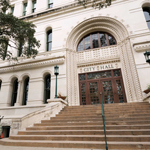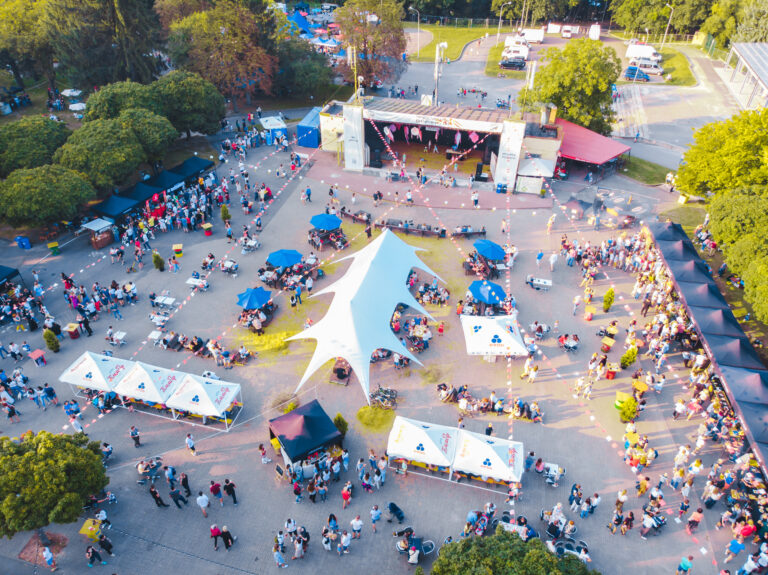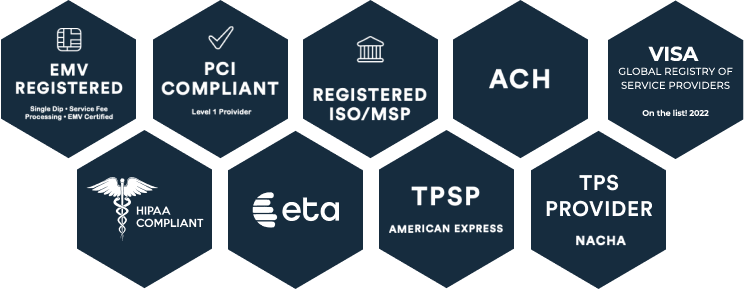Many municipal and state governments are challenged to meet the fast-paced advancement of technology demanded and driven by their citizens. While many citizens are accustomed to shopping online, or filing federal tax returns, booking medical appointments, and paying bills, they often must still access local government services either in person or by phone.
While many local governments are working to implement digital transformation and are willing to innovate, they typically remain behind the curve when it comes to adopting modern technology.
Until recently, making a phone call or a trip to city hall to pay a parking ticket, purchase a business license, or register for Little League was the norm. However, in the wake of accelerated digitalization, citizens are increasingly interested in handling business remotely or through contactless methods.
The benefits of modern interactions with constituents go far beyond opportunities for digital, no-touch services.
Build Stronger Relationships with Constituents
A local government’s interactions with its citizens are usually transactional—getting an ID, paying a bill, obtaining a yard sale permit. Those transactions are usually handled at the convenience of the government, not necessarily at the convenience of the citizens. But when a municipal government changes that format with a digital approach, it puts more choice in the hands of the citizens. By putting the residents’ needs first, a local government paves the way to building stronger and lasting relationships with them, creating a unified constituent experience and meeting the high expectations often led by the private sector.
Improve Inbound Revenue Collection Process
When state and municipal governments make citizen transactions available through a frictionless, automated platform, they don’t just provide better service to residents. They also boost their receivables process and make it easier to collect local revenues such as taxes, parking tickets, business licenses and other citizen fees.
Attract New Residents and Businesses
Young, educated professionals are crucial for fueling a city’s economic growth and urban revitalization, and their presence in a city is a direct reflection of its health and well-being, according to a 2014 study. Municipalities have long coveted this group of highly educated 25- to 34-year-olds, and a digital-savvy locale is likely more attractive to that group.
While about 1 million young adults relocated each year, according to the 2014 study, there has been heightened interest in moving away from densely populated urban areas, and conducting many aspects of life remotely. As a result, almost 16 million Americans have relocated during the past year, according to one study.
To compete for the best and the brightest, and to compete for happy citizens, a number of governments need to be investing more to enhance the constituent experience.






